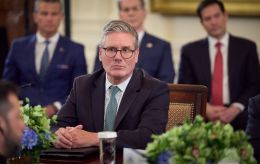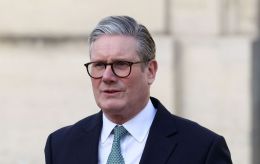Second round: Will Ukraine receive financial aid from EU and why Orban opposes
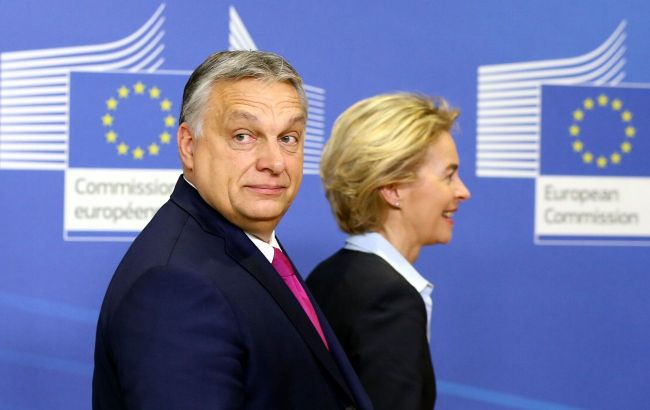 Hungarian Prime Minister Viktor Orban threatens to block EU aid to Ukraine (Photo: GettyImages)
Hungarian Prime Minister Viktor Orban threatens to block EU aid to Ukraine (Photo: GettyImages)
European leaders are once again gathering for a summit just a month and a half after the December meeting in Brussels. The same issue is on the agenda: allocation of funds for Ukraine. Will the EU agree on 50 billion euros in aid to Kyiv, and is there a "plan B" in case of Hungary's veto - in the material by RBC-Ukraine.
In preparing the material, statements by Ukrainian, European, and Hungarian officials, materials by Politico, Reuters, Financial Times, Sky News, materials from RBC-Ukraine, and comments from Leonid Litra, Senior Research Fellow at the New Europe Center, were used.
When US aid to Ukraine is firmly stuck in the US Congress, receiving funds from European partners is crucial for Kyiv.
In mid-December, a summit of the European Council was convened in Brussels to give the "green light" to membership negotiations with Ukraine and approve a support program for Ukrainians amounting to 50 billion euros, known as the Ukraine Facility. The meeting faced difficulties due to the position of Hungarian Prime Minister Viktor Orban, who threatened to veto both issues.
Ultimately, thanks in part to the ingenuity of German Chancellor Olaf Scholz and actions taken by the European Commission, EU leaders managed to bypass the Hungarian blockade regarding accession negotiations. However, the 50 billion euro issue had to be postponed until February to persuade Hungary to make the right decision during this time.
Today, EU leaders are gathering again for a summit to conclude what they started in December and make a decision regarding the Ukraine Facility.
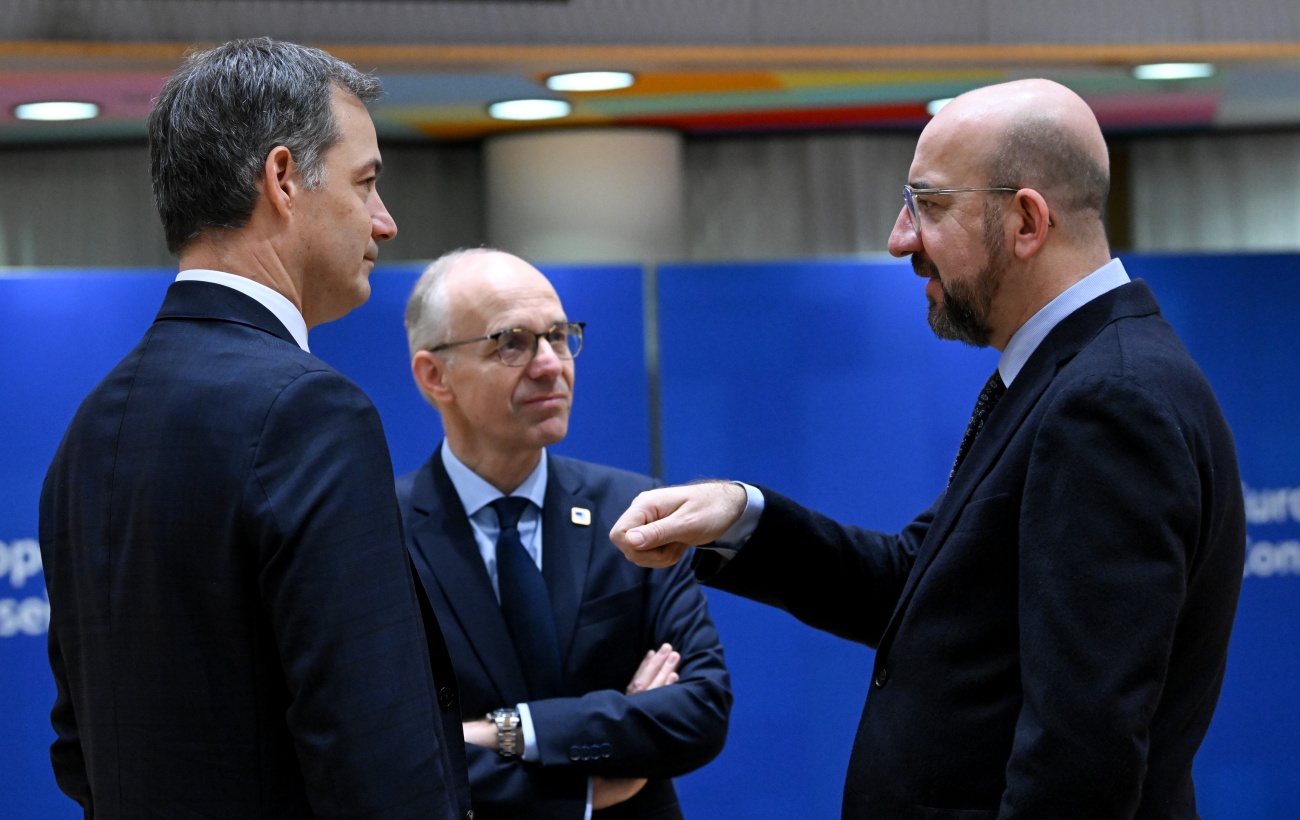
The European Union has reconvened for a summit on Ukraine (photo: European Union)
What is Ukraine Facility
The Ukraine Facility program involves allocating up to 50 billion euros for the 2024-2027. This program will support macro-financial stability, recovery, and modernization efforts, simultaneously implementing key reforms on Ukraine's path to EU accession. It also aims to transition to a green, digital, and inclusive economy gradually brought into line with EU rules and standards.
The total 50 billion euros over four years includes grants and loans. As stated by the President of the European Commission, Ursula von der Leyen, the plan is to cover up to 45% of Ukraine's financial needs by 2027.
The funds will be allocated only after amending the already approved seven-year EU budget and unanimous approval by all EU leaders.
Why Orban objects
Before the previous EU summit, Orban actively opposed the start of accession negotiations between Ukraine and the EU and the approval of the Ukraine Facility program. Regarding the accession issue, the Hungarian prime minister explained his position by claiming that Ukraine does not yet meet European criteria and that its accession to the EU would allegedly "bring war to the bloc."
As for the Ukraine Facility, Orban was dissatisfied that the EU wanted to allocate funds from the common budget and approve this program for four years. From his side, the Hungarian Prime Minister proposed creating a separate fund to which EU member states would contribute, deciding each year at the EU summit whether to continue supporting Ukraine.
However, this was not the only reason for the Hungarian blockade. Orban used the Ukrainian issue to serve his interests, attempting to leverage it to unlock 30 billion euros frozen by the EU due to rule-of-law problems in Hungary. He partially succeeded, as the European Commission eventually unfroze 10 billion euros of this amount.
Today, Orban's objections essentially remain the same. While he recently stated that he agrees to assist with the EU's common budget, he immediately presented a new ultimatum. Orban wants the amount of this aid to be reduced and for the question of its continuation to be decided annually at the EU summit.
"We do not agree that we should give 50 billion euros (to Ukraine - ed.), which is a huge amount. We do not agree that we should give it for four years and so on. But let it be so, Hungary is ready to participate in the solution of twenty-seven if they guarantee that every year we will decide whether we will continue to send this money or not," he said in an interview with the French Le Point.
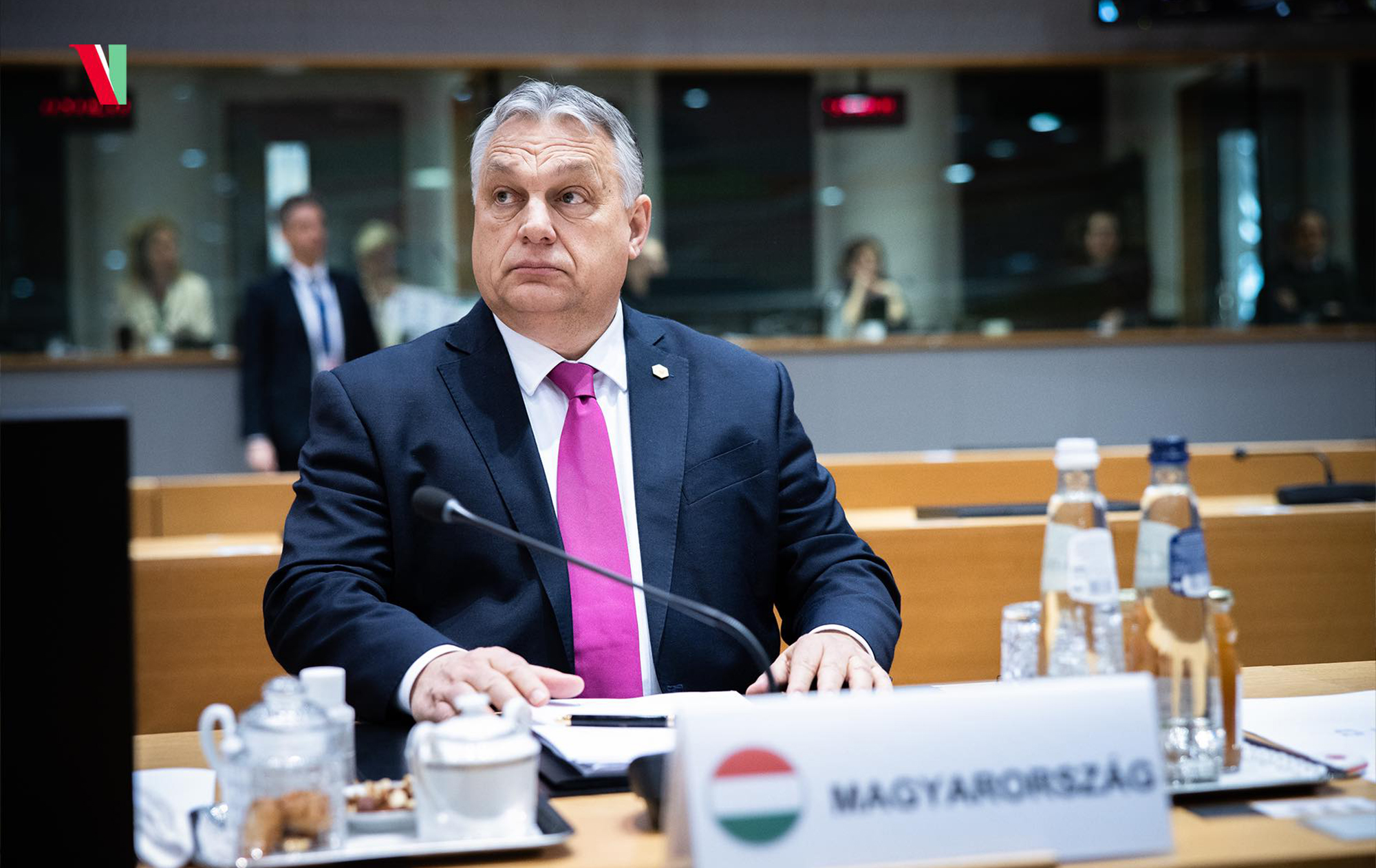
Orban threatens to block the decision to help Ukraine (photo: facebook.com/orbanviktor)
According to the senior analyst at the Center for New Europe, Leo Litra, Orban's behavior can be explained by several reasons. First, he wants to get the rest of the frozen EU funds. The second reason lies in Orban's friendship with the Kremlin, reflected in his statements and behavior: he alternately calls for negotiations with Russia and predicts Ukraine's inevitable defeat.
"At this moment, when there is still no support from the US when Ukraine desperately needs this support, if there is no support from the EU, then Ukraine will be in a bad situation. It's not just about money for the military budget, it's about economic assistance," Litra noted in a conversation with RBC-Ukraine.
And the third reason, according to the analyst, is Orban's desire to influence EU decisions.
Orban got everyone
Orban's behavior, which threatens to undermine the unity that the EU has sought since the beginning of the Russian invasion of Ukraine, seems to have tired everyone in Brussels. If the EU had tried to negotiate with Orban and find a compromise earlier, they have resorted to more harsh rhetoric and threats.
Indeed, the Financial Times reported plans to "sink" Hungary's economy if Orban does not support the support program for Ukraine at the summit. The EU threatened to cut financial aid to Hungary, which could reduce its investment attractiveness and collapse the Hungarian forint exchange rate. However, Brussels immediately stated that these were just rumors and that there were no such plans in the EU.
At the same time, according to the American Politico, Brussels is reconsidering the possibility of depriving Hungary of the right to vote at the EU summit. Such a "nuclear decision" was considered before the last Euro Council summit, but it was seen as a last resort as it could harm EU unity.
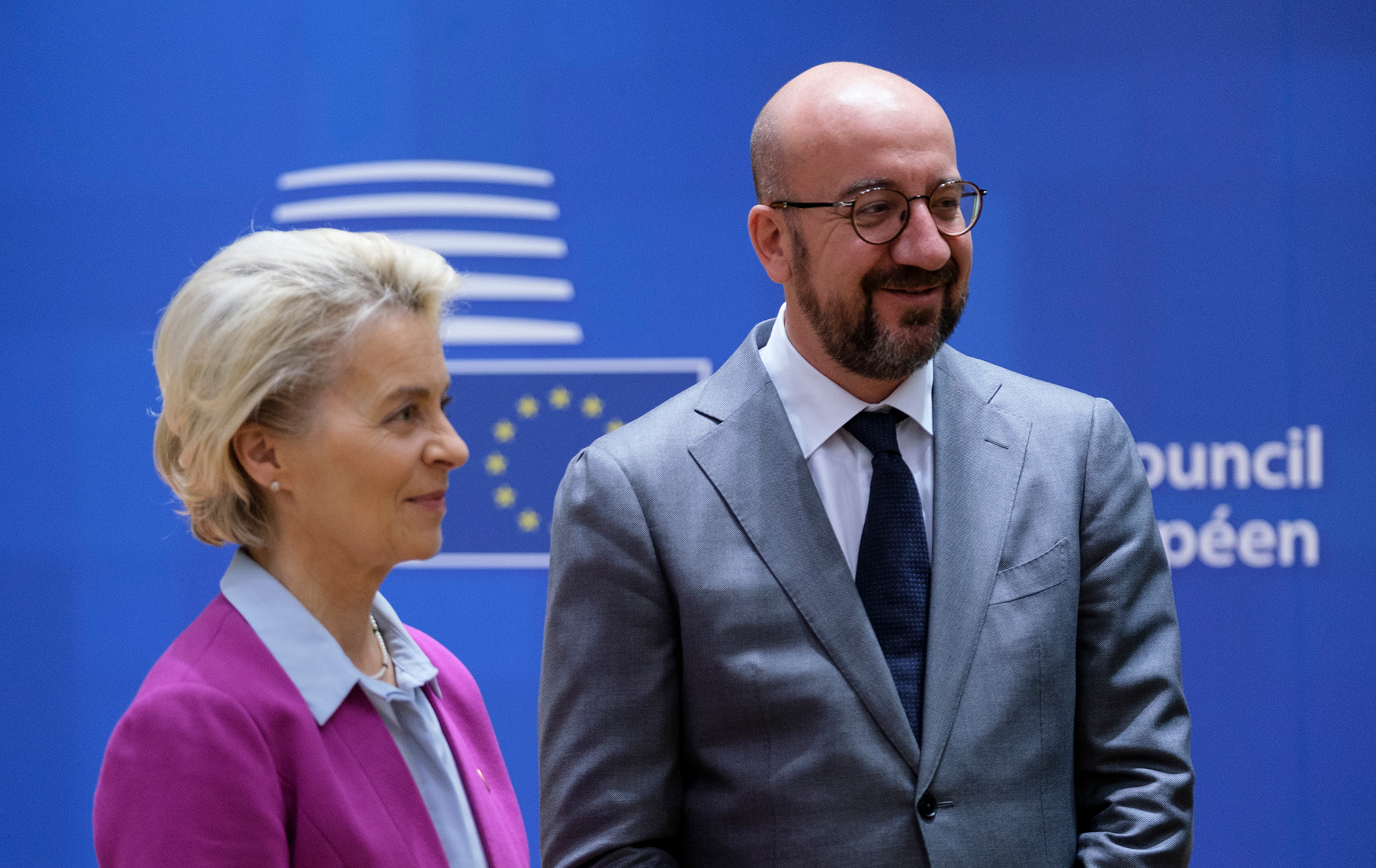
EU threatens Orban with tough measures in case of veto (photo: Getty Images)
In the EU, there is indeed a growing need for serious measures regarding Hungary, according to Litra.
"This has annoyed almost all EU leaders, and they want to show their teeth. Because it doesn't work that way, you cannot be a beneficiary of the EU budget but work for Russia, China, or whoever else and block EU decisions. So, I think that such a need is growing within the EU," he explained.
But it cannot be ruled out that such "leaks" in the media are Brussels' attempt to blackmail Orban, and ultimately, it will compromise to get Hungary's vote at the EU summit. Also, do not forget about Orban's new friend in the Euro Council – the Prime Minister of Slovakia, Robert Fico, who is unlikely to approve any sanctions against Budapest.
The preference for compromise by Brussels is indicated by the fact that in the previous version of the Euro Council summit's final statement, as Reuters learned, there is an agreement to consider extending the Ukraine Facility program by 50 billion euros annually – as Orban demands.
Help will be provided in any case?
After the December summit, the European Commission assured Ukrainians that European assistance would be provided in any case. At a press conference after the summit, Ursula von der Leyen spoke about the need to find a quick alternative solution for Ukraine in case of Hungarian blocking.
One of the alternatives discussed in the EU was the possibility of providing Ukraine with assistance under separate bilateral agreements between EU members and Kyiv. However, such a scenario in Brussels is considered more complex and expensive than using the EU budget.
Therefore, Brussels first bets on a compromise with Hungary to approve the Ukraine Facility. As FT wrote earlier, besides an annual review of the program, the European Commission may agree to a yearly audit of aid and introduce an "emergency brake" clause, allowing any country to bring the issue of payments to Ukraine to the EU summit.
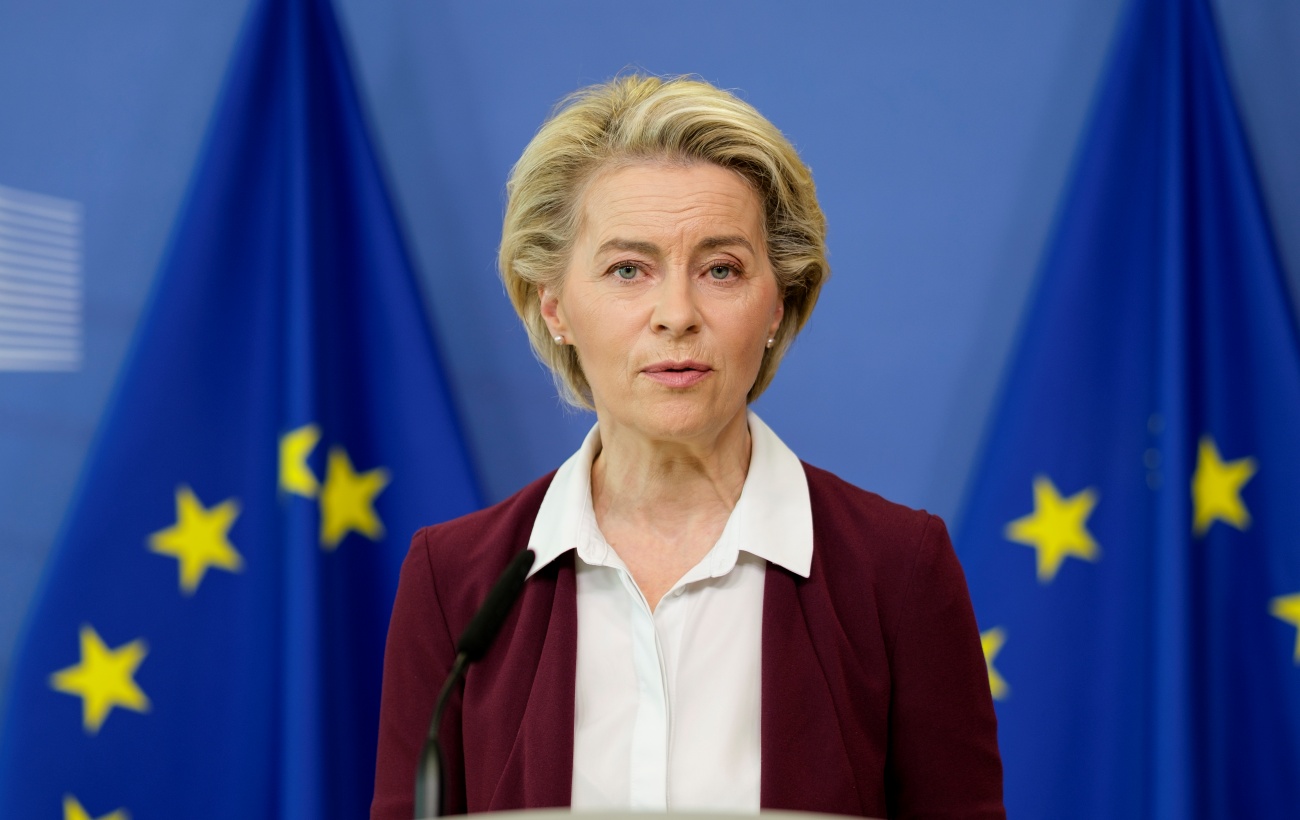
The EU assures that Ukraine will not be left without help (photo: Getty Images)
Speaking in the European Parliament in mid-January, von der Leyen expressed hope that a consensus among the 27 EU member states could be reached regarding the Ukraine Facility.
"But we must back this decision with adequate funding. We have proposed to guarantee stable and substantial financing to Ukraine over the next four years to support the daily functioning of the State, to stabilize the economy, and bring it closer to our Union. All this requires an updated EU budget. And as you all know, the mid-term review is not only about Ukraine. It is about competitiveness; it is about migration; it is about our support for the Western Balkans, it is about solidarity when natural disasters hit, like floods or wildfires. These are priorities that we collectively share. And we need this mid-term review, and I am confident that we will find a solution at 27 so that this is possible," she said.
It is challenging to predict how the February EU summit will ultimately decide. Whether Orban will veto the Ukraine Facility program or the rest of the European leaders will make concessions and agree to Budapest's conditions. In Brussels, it may be possible to persuade the leader of Hungary to support the proposed European Commission assistance. In any case, Ukraine will not be left entirely without European support – the question is only about the volume and timing, of which Ukraine has very little.
